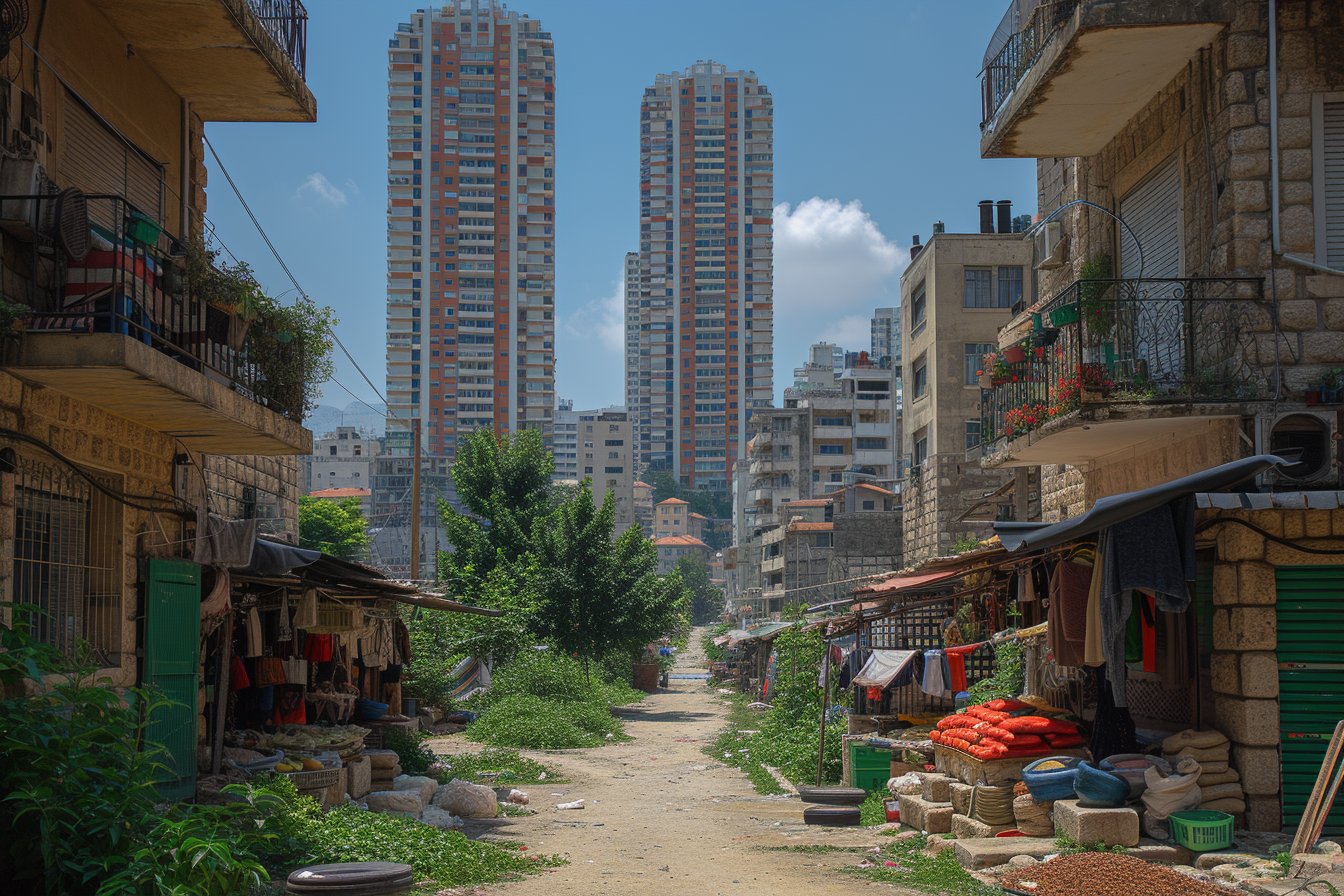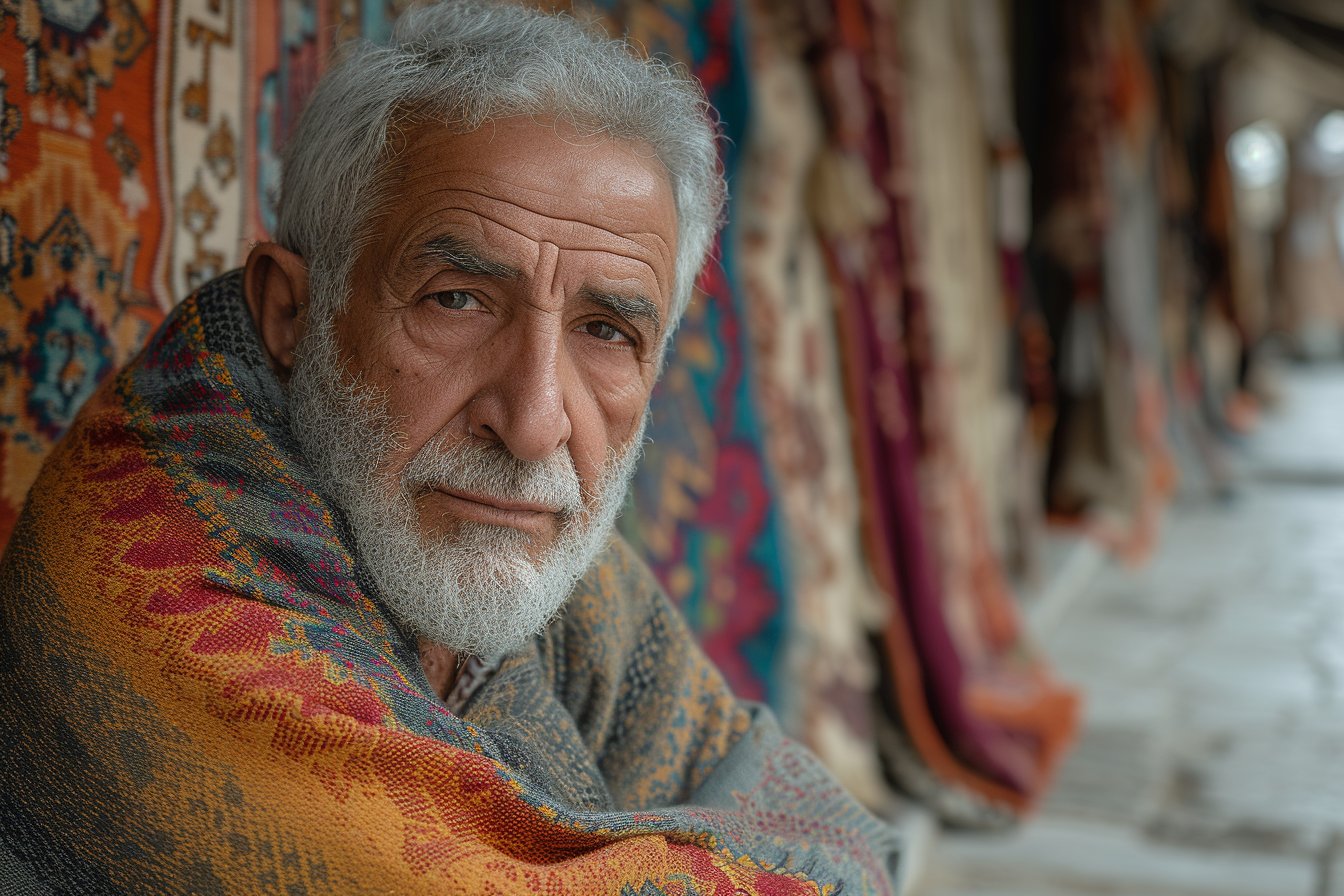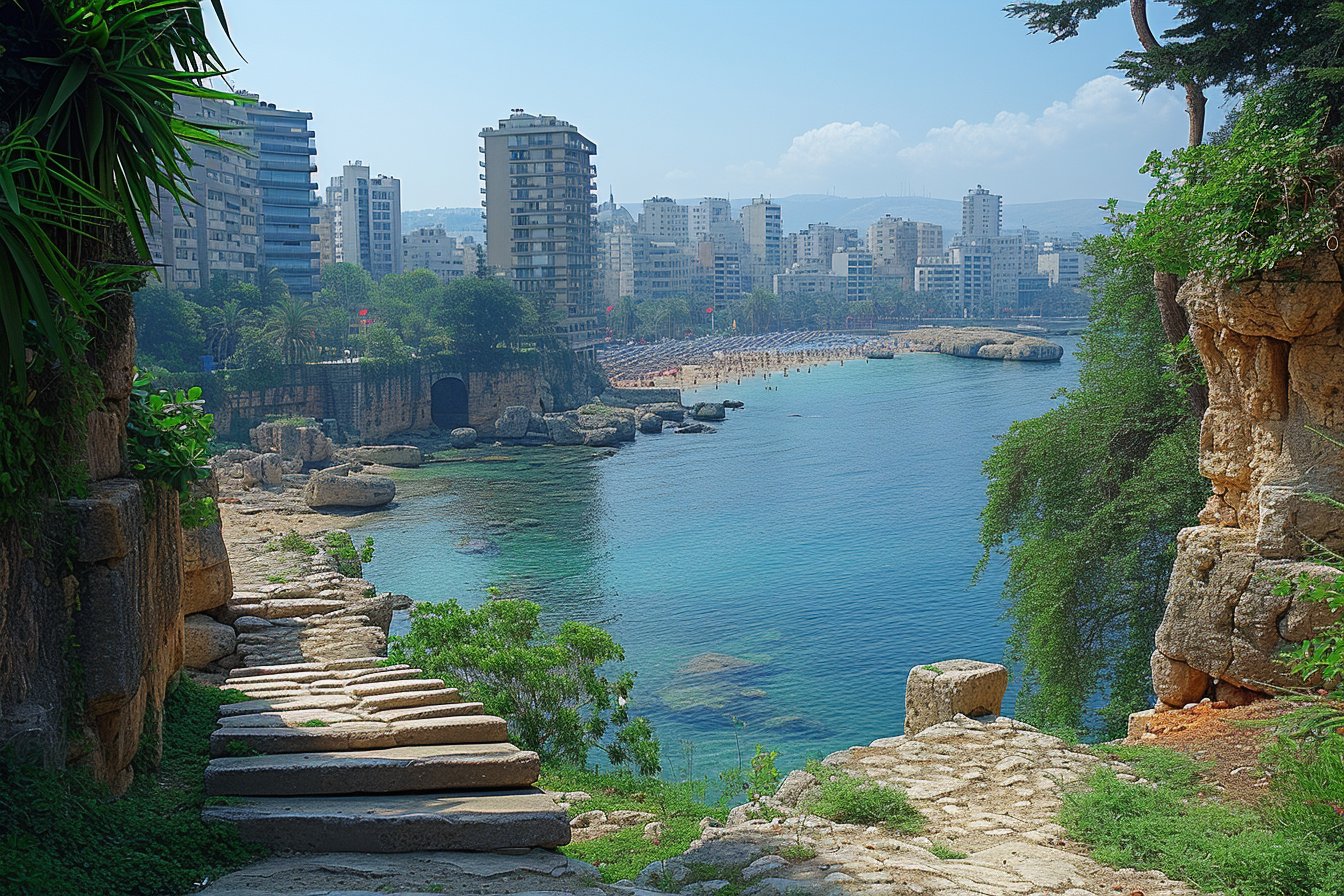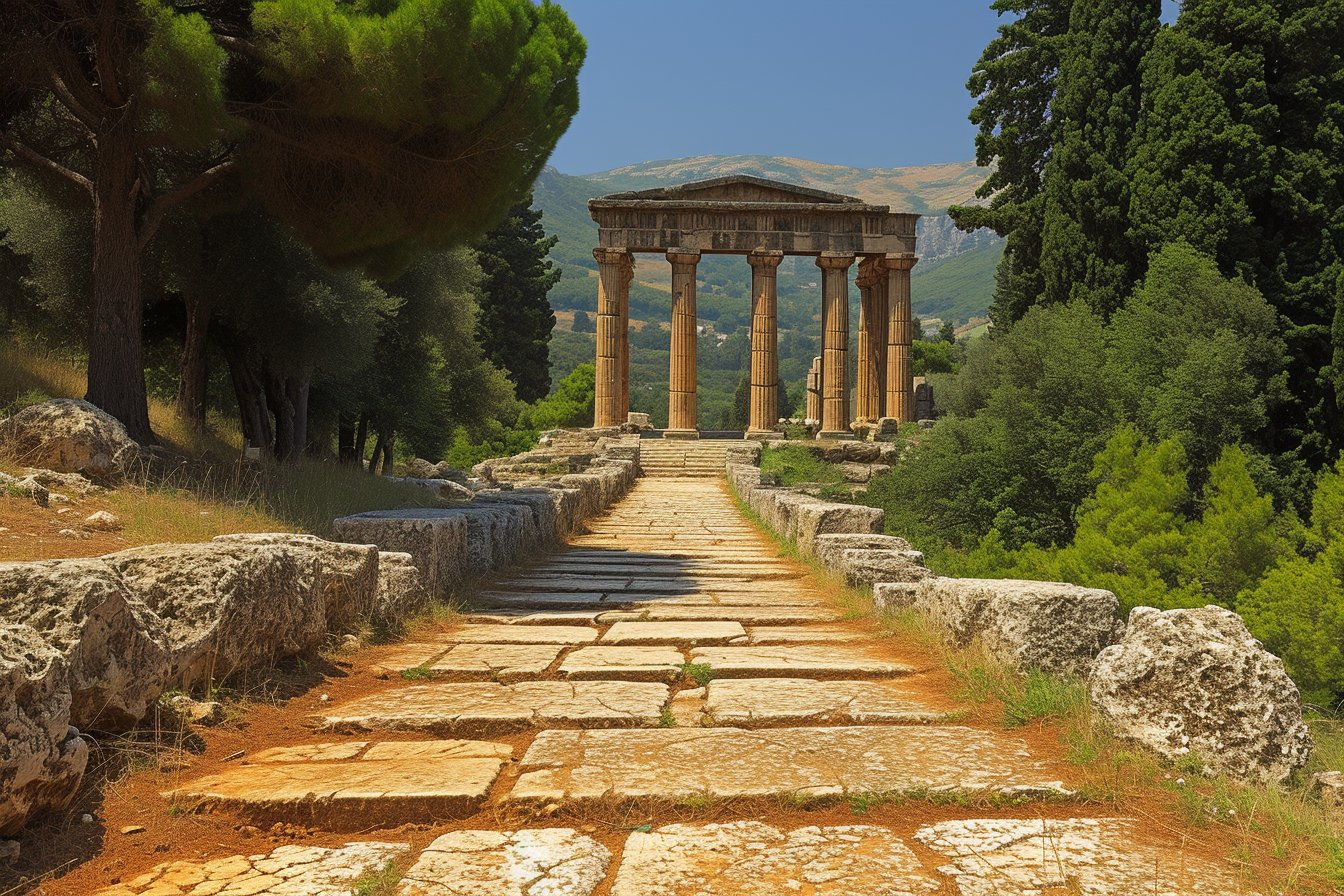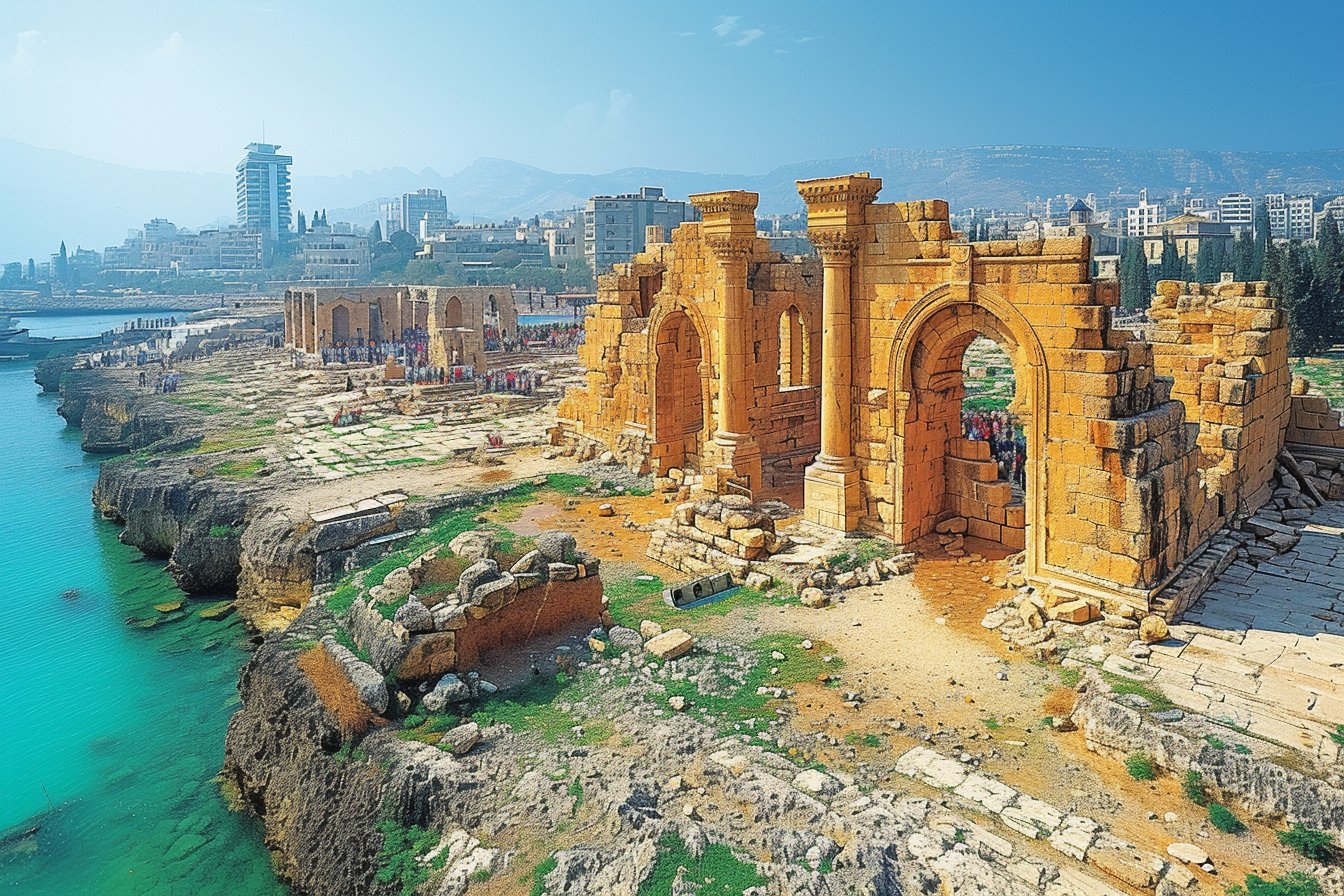Lebanon is a fascinating country in the heart of the Middle East, with unique cultural and religious characteristics. Its rich history has played a significant role in shaping its distinct lifestyle today.
The Lebanese lifestyle provides an interesting mix of traditional and modern influences. In this article, we will delve into various aspects of the Lebanese way of living, including religion, food, art, and more.
A Melting Pot of Religions
Lebanon is known for being one of the most religiously diverse countries in the Middle East, with 18 officially recognized religious sects. The nation’s multi-faith population largely consists of Christians and Muslims. This unparalleled blend of religious beliefs brings about remarkable unity and tolerance within its society.
Muslim Community
Islam is the primary religion practiced by around 60% of the Lebanese population, predominantly split between Sunni and Shia Muslims. These two communities maintain their own social practices, mosques, and customs while still embracing the national identity as Lebanese citizens. Some of the most famous Islamic landmarks include the Mohammad Al-Amin Mosque and the Great Omari Mosque.
Christian Sects
Lebanon boasts a sizable Christian community, accounting for almost 40% of the population. Amongst the many denominations present, Maronite Catholics, Greek Orthodox, Armenian Orthodox, and Protestants constitute the majority. Just as Muslim communities have their places of worship, churches like St. George Maronite Cathedral and Our Lady of Lebanon represent the rich heritage of Christianity in the nation. This incredible religious diversity ultimately contributes to Lebanon’s rich cultural tapestry.
The Spectacular Cuisine of Lebanon
The delectable Lebanese cuisine is a true reflection of the country’s diverse culture. These dishes draw inspiration from various Middle Eastern, Mediterranean, and Arab traditions to create something wholly unique.
Staple Ingredients
In most Lebanese households, fresh produce like tomatoes, cucumbers, potatoes, and eggplants are bountiful. Additionally, herbs such as mint, parsley, and cilantro play a key role in their culinary creations. Of course, no Lebanese dish would be complete without olive oil, garlic, and lemon juice – creating an enchanting fusion of flavors that attract people worldwide.
Classic Dishes
For a genuine taste of Lebanese cuisine, one must sample some of the nation’s classic dishes. These culinary delights include:
- Tabbouleh: A refreshing parsley and bulgur salad with diced tomatoes, onions, drizzled with olive oil and lemon juice
- Hummus: A creamy chickpea dip with tahini, lemon juice, and garlic, typically served with warm pita bread
- Falafel: Deep-fried balls made from ground chickpeas or fava beans with spices, which are often served in a pita wrap with pickles, vegetables, and tahini sauce
- Kibbeh: Ground lamb or beef mixed with onions, bulgur, and spices, either deep-fried, baked, or enjoyed raw
- Manakish: Flatbread topped with za’atar, cheese, meat, or vegetables and then baked
Lebanese Art and Culture
The art and culture scene in Lebanon is incredibly vibrant, with the nation producing world-renowned artists, filmmakers, writers, musicians, and dancers. Its rich history has greatly influenced the evolution of its artistry; one can still see traces of ancient civilizations like the Phoenicians, Romans, and Byzantines in the modern Lebanese artistic landscape.
Craftsmanship
Traditional Lebanese craftsmanship dates back thousands of years, including styles such as glass blowing, pottery, and intricate woodworking. It is not uncommon to find delicate mother-of-pearl inlays on beautiful furniture pieces and skilled embroidery adorning stunning Levantine textiles. Many artisans continue to preserve these age-old practices today, making their work highly sought-after by collectors and enthusiasts worldwide.
Film and Literature
The Lebanese film industry has also begun to gain international recognition, with contemporary directors such as Nadine Labaki and Ziad Doueiri at the forefront. Publications from famous authors like Khalil Gibran, Amin Maalouf, and Elias Khoury explore themes of identity, politics, faith, and love – constantly reflecting the country’s complex history and diversity.
Social Life and Traditions
The people of Lebanon are known for their warm hospitality and zest for life, always welcoming friends and strangers alike into their homes with open arms. Their celebrations boast vibrant music and dancing, often accompanied by delectable feasts that last well into the night.
One of the most significant rituals for both Muslim and Christian communities remains marriage, with grand celebrations punctuating the occasion. Guests join together in enthusiastic dabke (a traditional group dance) and enjoy copious amounts of food and drink. Another highlight of the Lebanese social calendar is the annual summer festival season, where theatrics, concerts, and cultural events bring people together from across the globe to commemorate Lebanon’s rich cultural heritage.
Ultimately, exploring the unique lifestyle of Lebanon unveils a myriad of fascinating customs, beliefs, and traditions. This enigmatic nation blends ancient influences and modern sensibilities to create a truly exceptional way of life for those fortunate enough to experience it.


